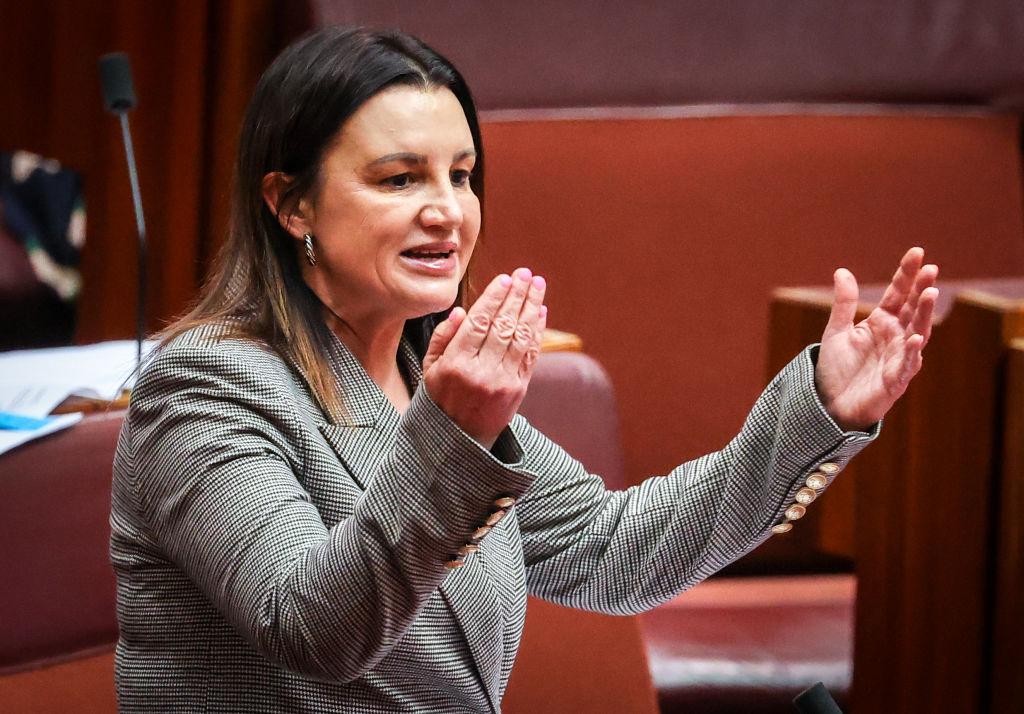Tasmanian Senator Jacqui Lambie has called on the Greens party to drop their demand for a complete ban on new coal and gas projects and approve the Labor government’s climate safeguard mechanism legislation.
In an interview with the Australian Broadcasting Corporation on March 21, the founder of the Jacqui Lambie Network party said the Greens should stop “crying wolf” and support the safeguard mechanism instead.





